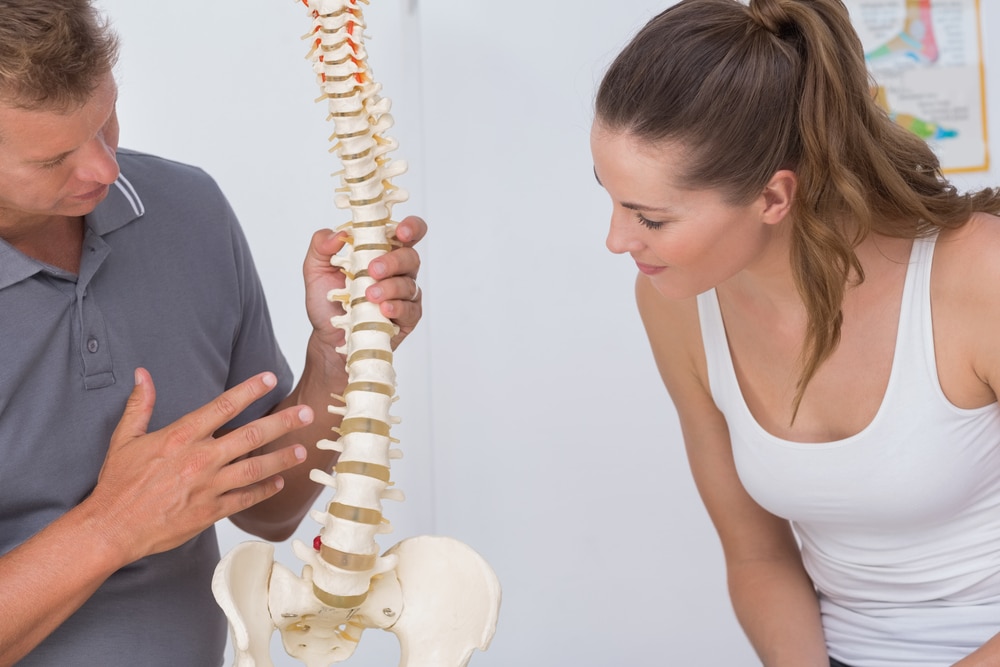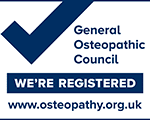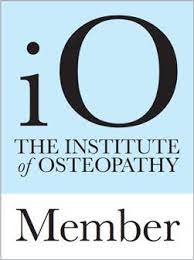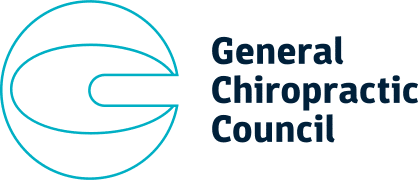What is a tension headache? Everything you need to know
Tension headaches are a common type of headache and can be experienced by all of us at some time in our life. These headaches are commonly described as mild to moderately painful headaches that feel like a band is tightening around the head. Researchers estimate that as many as 2 in 3 adults will experience a tension headache at some point in their lifetime, with women being more likely to experience tension headaches. Tension headaches can be difficult to distinguish from migraines, but the good news is that they don’t last long and are easier to treat.
Common symptoms of a tension headache
One of the most commonly asked questions about tension headaches is “how do you know if you have a tension headache?”. If you’re not sure what a tension headache feels like or whether this is the cause of your headache, some of the most common symptoms of a tension headache include:
● a headache that develops slowly
● a headache that hurts with equal intensity on both sides of the head
● the pain of the headache is dull and is often described as feeling like a band or vice around the head
● the neck and the muscles around are often painful too
● these neck muscles at the side of the neck feel tight and tender to touch
● the headache is painful, but the pain feels manageable or is a dull ache – it is rarely a severe pain
● there is rarely any sensitivity to light or sound
● they are generally not associated with any visual changes.
If you experience tension headaches more than 15 days each month, you are considered to be suffering from chronic tension headaches. If you experience tension headaches this frequently, you should start a headache diary, recording each headache you experience to present a comprehensive tension headache record to your healthcare practitioner, chiropractor, osteopath or GP.
What causes a tension headache?
There are many different causes of tension headaches, which are not usually signs of an underlying condition. Common causes of tension headaches include stress, poor sleep patterns, poor posture, and overloading the neck muscles with physical activity. Occasionally, individuals will suffer from tension headaches because of tight muscles in the back of the neck and scalp. If you are prone to tension headaches, then other triggers you need to be aware of include:
● poor posture at desks and PCs, working on laptops and mobile devices
● stress and fatigue
● staining your eyes – and consequently forward head postures.
How to manage tension headaches
For the odd, short-term (up to 48-72 hrs) headaches, you may want to treat tension headaches yourself with over-the-counter medication, such as paracetamol, and modify and change the aggravating trigger.
Things that you can do to help yourself at home include:
● try relaxing and mindfulness activities such as yoga, deep breathing exercises, and self-massage
● change your sleep habits, ensuring that you get enough sleep each night
● ensure that you maintain good posture, mainly when working at a desk
● avoid excessive caffeine, such as tea and coffee or caffeinated soft drink
If your headache persists or is recurring, booking an appointment to visit your local chiropractor or osteopath, who is professionally trained in the diagnosis and treatment of tension headaches, is the next step. Chiropractors and osteopaths use trigger point therapy, specific stretching, and vertebral manipulation to manage chronic tension headaches. Chiropractors specialise in treating pain in muscles and joints, relieving headaches caused by tension in the back and neck. We are delighted to offer a Free 30-Minute Consultation to discuss your tension headaches: during this time, we will take the time to explain what we do, how we could help control your tension headaches, and so much more.












